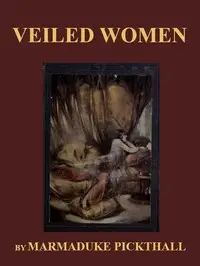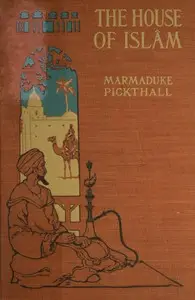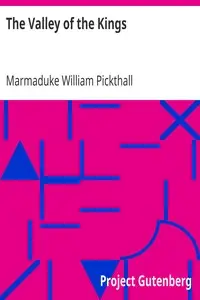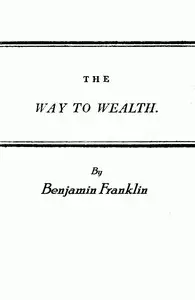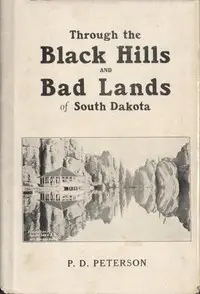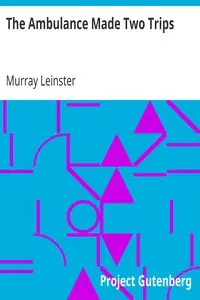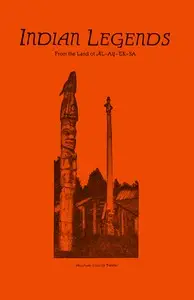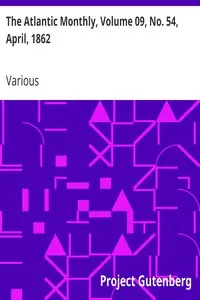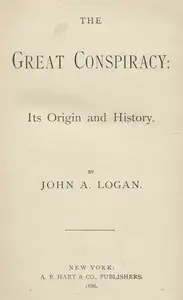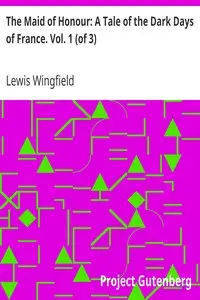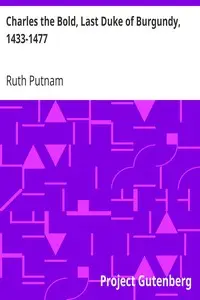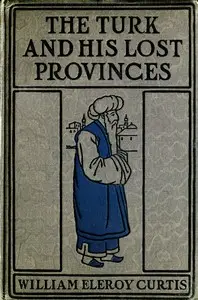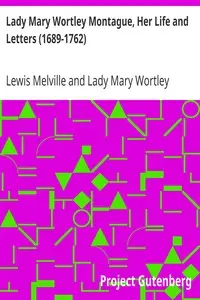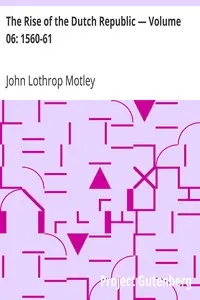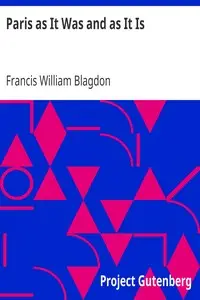"Oriental Encounters: Palestine and Syria, 1894-6" by Marmaduke William Pickthall is a historical account written in the late 19th century. The book recounts the author's travel experiences and observations while navigating the complexities of life in Palestine and Syria during that time. With a tone that blends adventure with cultural exploration, it offers insights into the people's customs, societal dynamics, and the author's personal growth amid the rich tapestry of Eastern life. The opening of the narrative introduces readers to Pickthall's early aspirations and experiences leading up to his travels. He recounts his initial disappointment at failing to join the Consular Service, which culminates in his mother's encouragement to travel to the East. Upon arriving in Cairo and then Jaffa, he struggles with his desire to connect with the local people versus the European community's expectations. As he sheds European norms and immerses himself in local culture, he encounters various characters, such as the sympathetic Mr. Hanauer and the humorous dragoman Suleymân, who help him navigate the customs of the region. Through these experiences, Pickthall reveals his longing for authentic connections and insights into the lives of the people he meets, setting the stage for further encounters and adventures in the chapters that follow. (This is an automatically generated summary.)
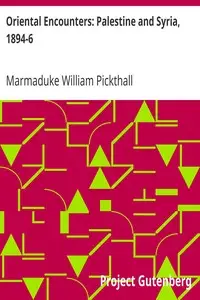
Oriental Encounters: Palestine and Syria, 1894-6
By Marmaduke William Pickthall
"Oriental Encounters: Palestine and Syria, 1894-6" by Marmaduke William Pickthall is a historical account written in the late 19th century. The book r...
Muhammad Marmaduke Pickthall was an English Islamic scholar noted for his 1930 English translation of the Quran, called The Meaning of the Glorious Koran. His translation of the Quran is one of the most widely known and used in the English-speaking world. A convert from Christianity to Islam, Pickthall was a novelist, esteemed by D. H. Lawrence, H. G. Wells, and E. M. Forster, as well as journalists, political and religious leaders. He declared his conversion to Islam in dramatic fashion after delivering a talk on 'Islam and Progress' on 29 November 1917, to the Muslim Literary Society in Notting Hill, West London.

